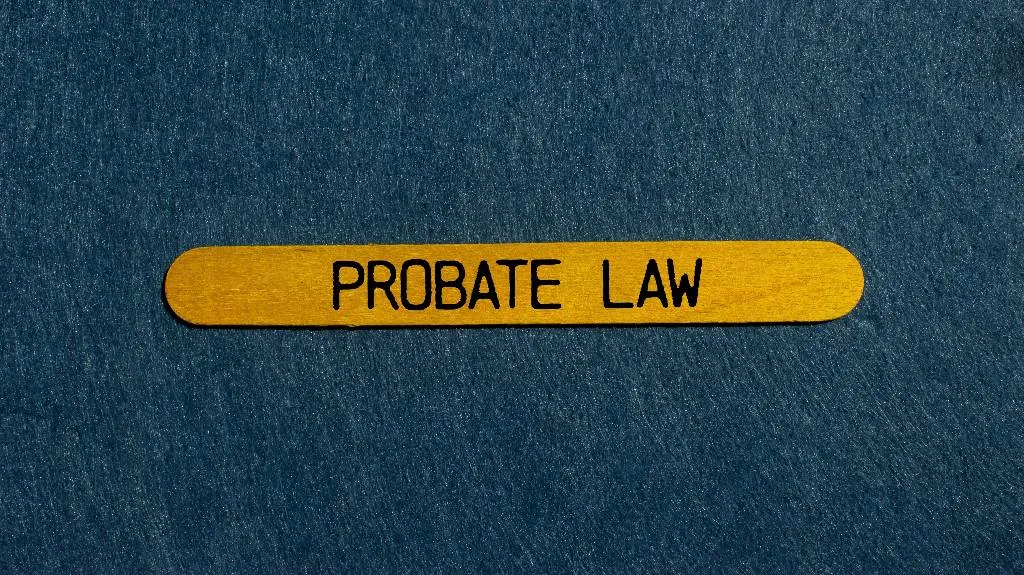When planning for the future, one crucial document to consider is the Durable Power of Attorney (DPOA). This legal instrument allows you to appoint an agent to manage your financial and legal affairs if you become unable to do so yourself. However, a key decision in drafting a DPOA is determining when your agent’s authority should take effect: immediately or only upon your incapacity. Let’s explore the factors to consider in making this important choice.
What is a Power of Attorney?
A Power of Attorney (POA) is a legal document that grants an individual, known as the agent or attorney-in-fact, the authority to act on behalf of another person, known as the principal. The scope of this authority can vary widely depending on the terms set forth in the document. Here are some key aspects of a POA:
-
Types of Authority: The POA can grant broad or limited powers. A general POA gives the agent comprehensive authority over the principal’s affairs, while a specific POA limits the agent’s powers to certain tasks or decisions.
-
Financial and Legal Decisions: The agent can manage the principal’s finances, including paying bills, managing investments, and handling real estate transactions. They can also make legal decisions, such as signing contracts or filing taxes.
-
Healthcare Decisions: In some cases, a POA can include healthcare directives, allowing the agent to make medical decisions on behalf of the principal. This is often referred to as a Healthcare Power of Attorney or an Advanced Healthcare Directive.
-
Durability: A Durable Power of Attorney remains in effect even if the principal becomes incapacitated. This is crucial for ensuring that the principal’s affairs are managed without interruption.
Immediate Authority
-
Trust and Reliability: Do you have complete trust in the person you are appointing? Immediate authority requires a high level of trust, as your agent will have access to your finances and legal matters right away.
-
Convenience: If you travel frequently, have a busy schedule, or simply prefer not to handle certain tasks, immediate authority can be convenient. Your agent can manage your affairs without delay.
-
Health Considerations: If you have a chronic illness or anticipate a decline in health, immediate authority ensures that your agent can step in without the need for additional legal steps.
-
Complexity of Affairs: If your financial and legal matters are complex, having an agent with immediate authority can help manage these complexities more efficiently.
Springing Authority
-
Control: If you prefer to maintain control over your affairs as long as possible, springing authority is a good option. Your agent’s power is contingent on your incapacity.
-
Proof of Incapacity: Determine how incapacity will be defined and proven. Typically, this requires a medical evaluation and certification by one or more physicians, which can add a layer of protection but also delay the agent’s ability to act.
-
Peace of Mind: For some, knowing that their agent cannot act until they are truly unable to manage their affairs provides peace of mind. This can be particularly important if there are concerns about potential misuse of power.
-
Family Dynamics: Consider the dynamics within your family or among potential agents. Springing authority can help mitigate conflicts by ensuring that the agent’s power is only activated when absolutely necessary.
Making the Decision
-
Evaluate Your Needs: Assess your current health, financial situation, and the complexity of your affairs. Consider how these factors might change over time.
-
Discuss with Your Agent: Have an open conversation with the person you are considering as your agent. Ensure they understand the responsibilities and are willing to act in your best interest.
-
Consult with an Attorney: An estate planning attorney can provide valuable guidance tailored to your specific situation. They can help you weigh the pros and cons and draft a DPOA that aligns with your goals.
-
Review and Update: Regularly review your DPOA and other estate planning documents. Life circumstances change, and it’s important to ensure your plans remain relevant and effective.




